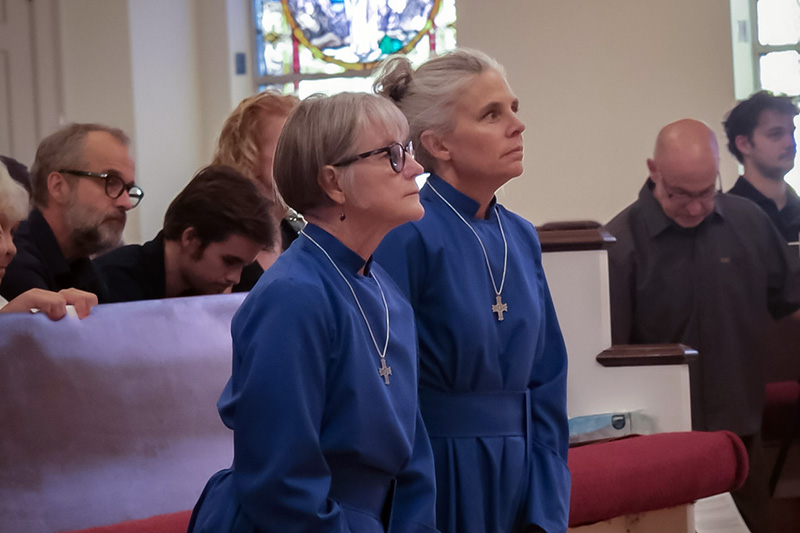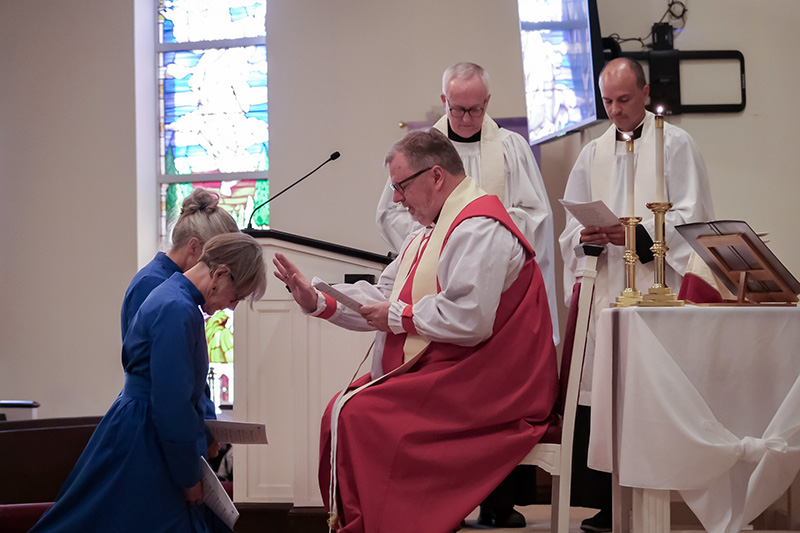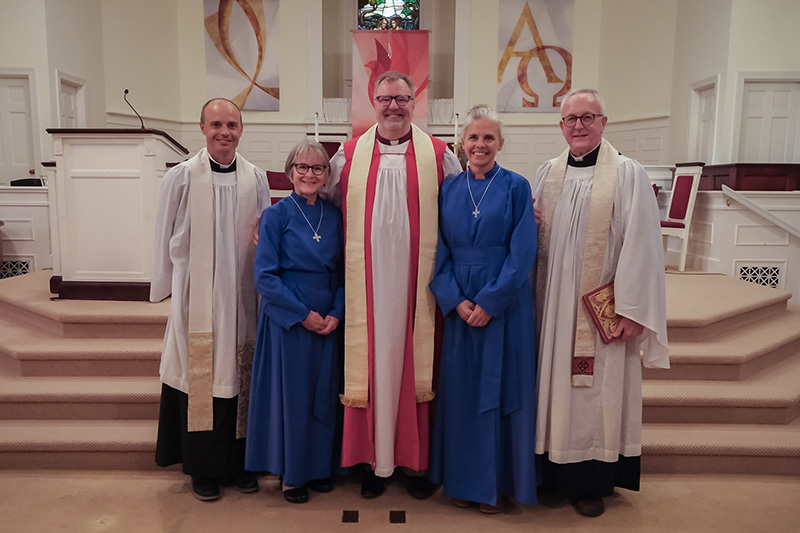Deaconesses
Why Deaconesses?
The Bible teaches that every Christian is called to serve according to the gifts God has given them. Throughout the Church’s history, some lay individuals have been publicly set apart for specific ministries of service, instruction, and pastoral care. One such ministry is the order of deaconess—a lay vocation for women that is both biblically grounded and historically rooted.
Biblical and Historical Foundations
Scripture offers examples of women entrusted with official service in the early Church. In Romans 16:1–2, St. Paul commends “our sister Phoebe, a servant of the church at Cenchreae.” Many have understood Paul’s reference to “the women” in 1 Timothy 3:11 as referring to deaconesses. St. John Chrysostom held this view, along with other early Church Fathers, interpreting Phoebe as a deaconess—a woman set apart for recognized ministry. From the third century onward, women were commissioned through a special liturgy for diaconal service—especially in catechesis, baptismal preparation, pastoral care, and works of mercy among women.
Though the office declined in the medieval West, it was revived in Anglicanism in the 19th century as a way to recognize and commission women for public ministry in line with ancient practice. In 1920, the Lambeth Conference—the once-a-decade gathering of the global Anglican Communion—passed Resolutions 46–50, endorsing the order of deaconess for the whole Communion. These resolutions affirmed that the office bears the “stamp of apostolic approval” and commended the setting apart of deaconesses by bishops with a distinct liturgy.
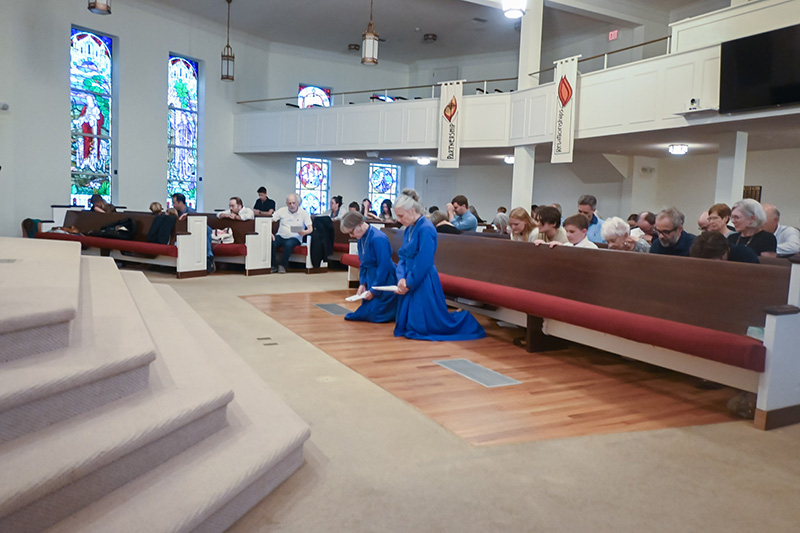
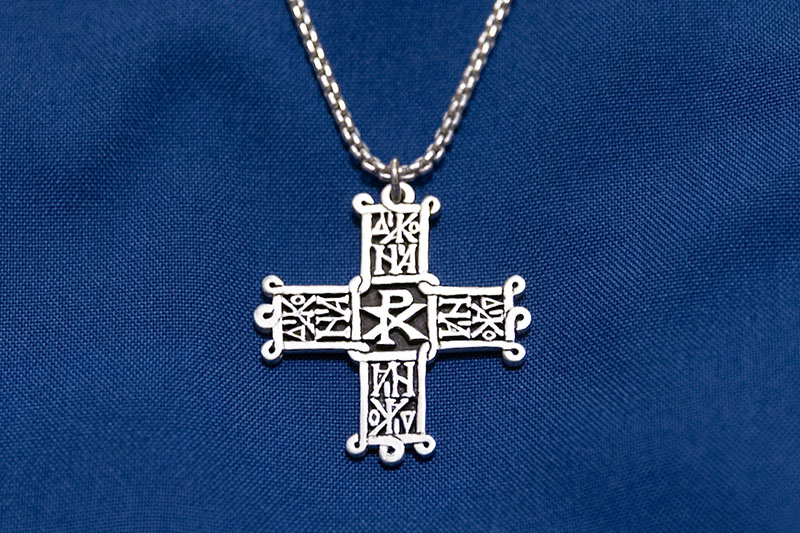
Theological and Pastoral Rationale
The restoration of the lay office of deaconess is not a novel innovation but a recovery of historic practice with biblical warrant. It falls within the Church’s authority to establish commissioned ministries that do not contradict Scripture and serve the building up of the Body (Article XX, Thirty-Nine Articles). The ministry of deaconesses accords with the formularies of classical Anglicanism: the Book of Common Prayer, the Ordinal, and the Thirty-Nine Articles.
This ministry enables us to live more fully into a biblical and ecclesial vision of women’s diaconal service, while maintaining the traditional understanding of Holy Orders.
In our Diocese, both men and women may be ordained to the diaconate, and the canons provide for a variety of licensed lay ministries. The office of lay deaconess exists within this canonical framework as a distinct and fruitful avenue of service—particularly for women who sense a call to ministry but not to ordination.
Restoring the office of deaconess allows us to draw from the wisdom of the early Church and the Anglican tradition for the benefit of our common life. It strengthens our parish by recognizing and equipping called and qualified women for lay ministry.
This order is rooted in Scripture, shaped by tradition, aligned with classical Anglicanism, and ordered for the good of the Church today.


